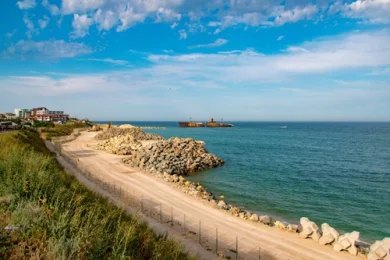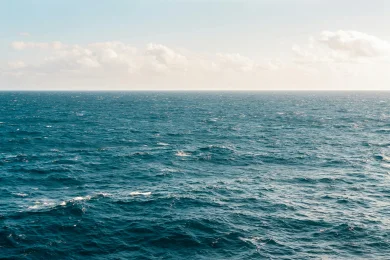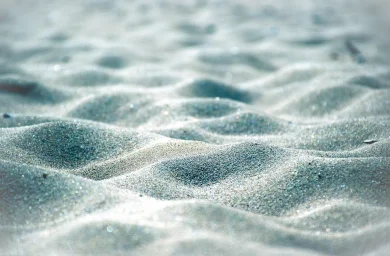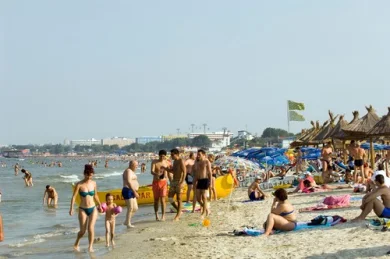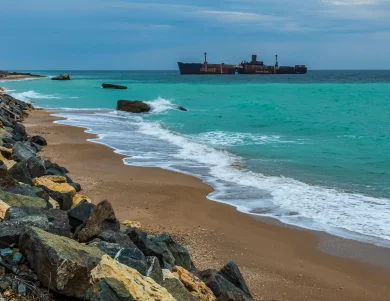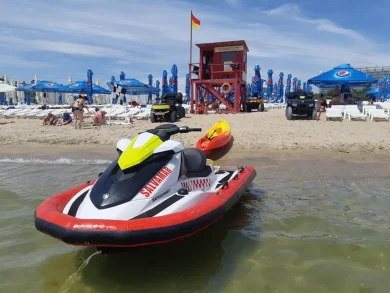10 July 20:25

News
Foto unsplash.com
Tourists on the Romanian coast have been taken by surprise by the sudden drop in seawater temperature to 15°C, in contrast to the warm air of over 28-30°C. This phenomenon, known as upwelling, is caused by sea currents and winds bringing cold water to the surface. Although there has been a thermal shock, forecasters predict pleasant weather with summer temperatures and a gradual return to comfortable water temperatures.
Sources

De ce apa Mării Negre a devenit "rece ca gheața" în plină vară. Fenomenul rar care a răcit litoralul românesc

Apă mării, rece ca "gheața". Turist: "La Eforie Nord nu se poate intra, este sloi". Ce este fenomenul de "upwelling"

Apa de la mare este rece ca gheața. Ce este fenomenul de „upwelling”
